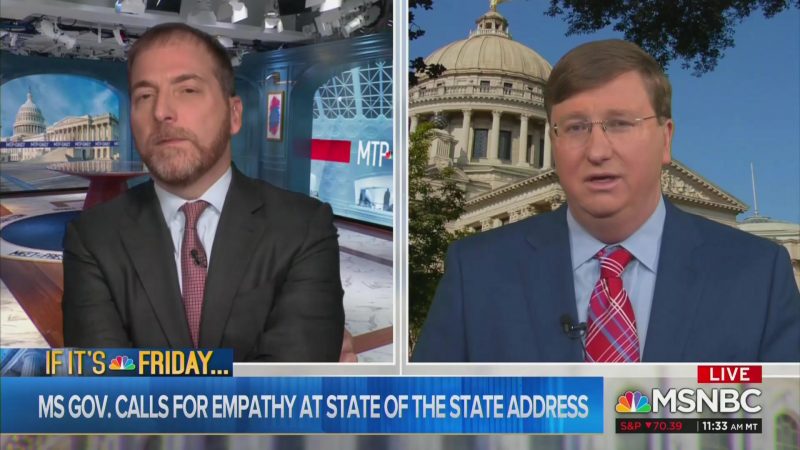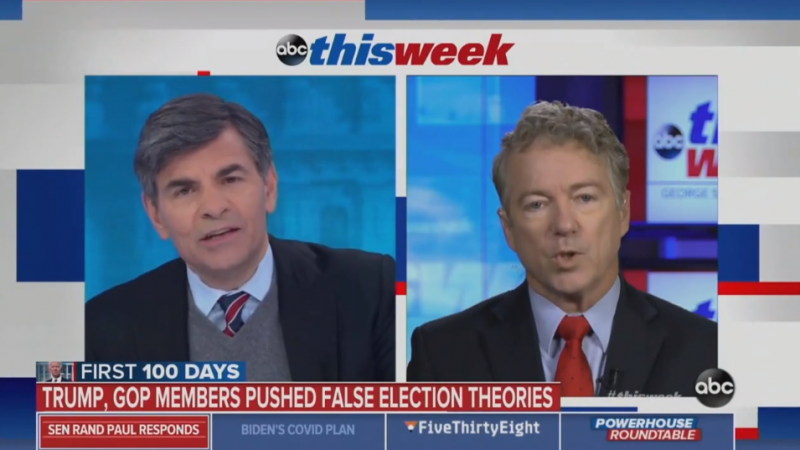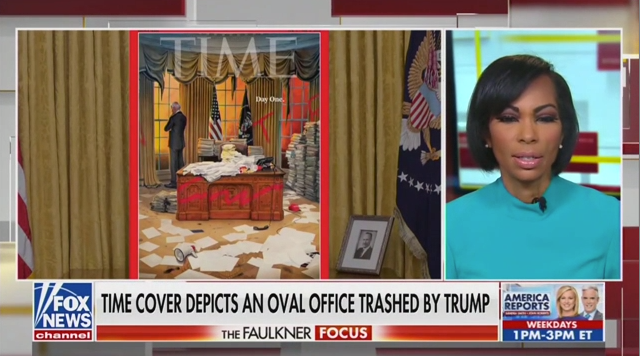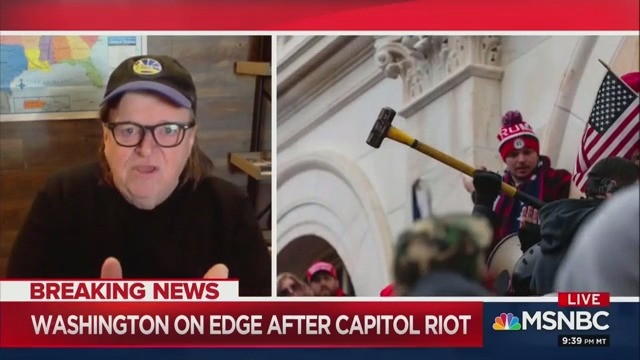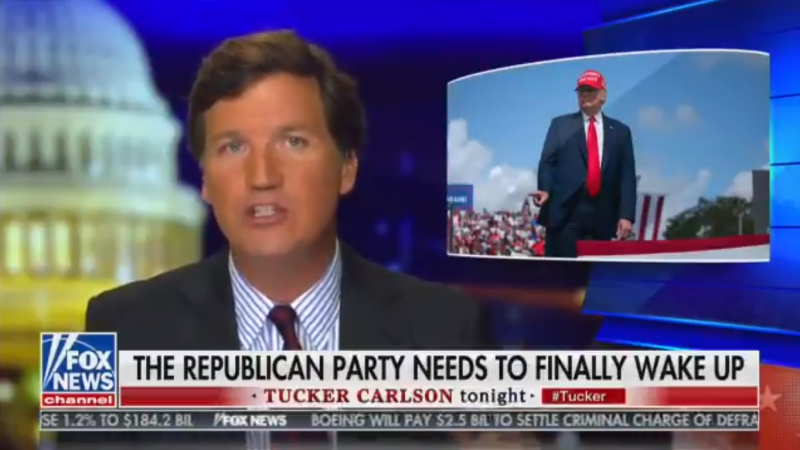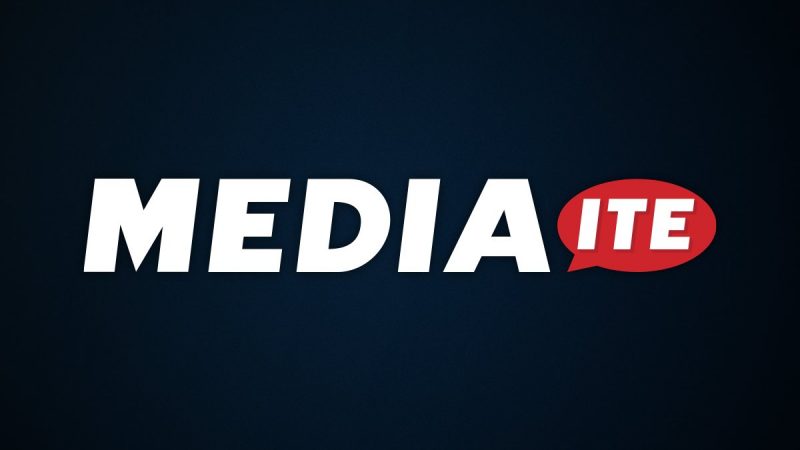NPR Heavily Criticized For Presenting Black Lives Matter As Other Side To White Nationalist Jason Kessler
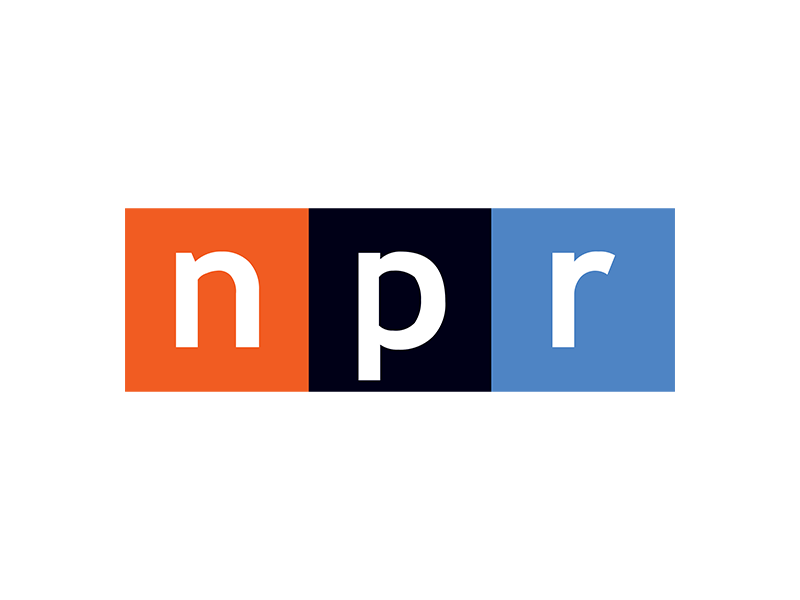
With a Unite the Right anniversary rally scheduled to take place in Washington this weekend, rally organizer and noted white nationalist Jason Kessler scored himself a softball interview with NPR Friday morning. After Morning Edition host Noel King was finished letting Kessler push race-based junk science while failing to ask him about the death of Heather Heyer at last year’s Charlotteville rally, NPR immediately turned to a Black Lives Matter activist for an interview.
It wasn’t just that NPR gave Kessler a platform to spew his racist rhetoric that made folks angry, though. It was the way the public radio network presented Kessler and BLM — basically, implying that an organization devoted to racial justice is the other side of white supremacy — that caused an immediate backlash from reporters, observers and activists.
The Washington Post’s Karen Attiah said NPR was “telling on itself” in how it presented the two interviews.
.@NPR is also telling on itself by presenting #BlackLivesMatter as the ideological “Other side” to white nationalists like Jason Kessler.
Sadly, many in the mainstream media still view black people asking for equality and freedom from police brutality as radical or extreme.
— Karen Attiah (@KarenAttiah) August 10, 2018
Activist Brittany Packnett invoked Martin Luther King to make a point about the Friday morning public radio segments.
.@NPR presenting Jason Kessler as the “other side” of Black Lives Matter is the epitome of what MLK called the white moderate.
He called the white moderate more dangerous than the Klu Klux Klanner.
Seeking justice =\= supremacy. False equivalencies undermine our freedom. https://t.co/Hmi8nt0wxd
— Brittany Packnett (@MsPackyetti) August 10, 2018
DeRay McKesson slammed NPR for even giving Kessler a platform.
Jason Kessler being given an interview on NPR as if white supremacy is a legitimate policy position is a reminder that many of the (white) people making decisions in the media don’t feel impacted by any of this — it’s either entertainment or “news” until it hits their doorstep.
— deray (@deray) August 10, 2018
Let’s be honest…there was LOTS of negative reaction.
To repeat a point I make a lot on here, “why can’t you just talk to white supremacists” is a question you ask when you think of racism as an error of processing and not a deeply-held ideology. https://t.co/jux0Sjyzbp
— b-boy bouiebaisse (@jbouie) August 10, 2018
"@NPR is actually asking Jason Kessler, the organizer of the Unite the Right rallies right now: What do you think are the differences between races?
He proceeds to literally rank the races"
Hey @NPR pic.twitter.com/7sD0MdlPlP
— Tronald Dump (@ChrisCubas) August 10, 2018
This NPR interview with Jason Kessler feels like it will become infamous. This is how it starts. See the inherent assumption? https://t.co/PSMh9OTzgX pic.twitter.com/Mavk8SYib3
— Rachel Joy Larris (@RachelLarris) August 10, 2018
Hey @NPR putting Jason Kessler on the air as a “counterpoint” to Black Lives Matter is uniquely shitty. When one side of an argument is “stop killing us in the streets like animals,” you don’t need to have a guy on to say “well, you are animals.”
— K. Thor Jensen (@kthorjensen) August 10, 2018
I finally listened to that NPR interview with Jason Kessler and Jesus Fucking Christ the legacy media doesn't understand how to cover bad faith actors.
— Ian Millhiser (@imillhiser) August 10, 2018
NPR’s interview of Jason Kessler is a case study in how not to cover white supremacists https://t.co/OVdiwjyacU
— Aaron Rupar (@atrupar) August 10, 2018
Perhaps an enormous mistake to let the Nazi rank the races. https://t.co/mvJebneE0g
— Molly Jong-Fast (@MollyJongFast) August 10, 2018
Meanwhile, NPR is defending the Kessler interview, telling the Observer that “interviewing the people in the news is part of NPR’s mission to inform the American public, it does not mean NPR is endorsing one view over another.” a spokesperson added that “our job is to present the facts and the voices that provide context on the day’s events, not to protect our audience from views that might offend them.”
Which, apparently means, letting someone come on and rank different races by intelligence while deciding it isn’t appropriate to ask that person about the violence he is personally responsible for. Got it.
In the end, here’s how the Morning Edition crew felt about Friday’s broadcast:
This is our amazing Executive Producer at Morning Edition. Proud to work alongside her and stand by her decisions every day. https://t.co/Gx9CzbwIyJ
— Rachel Martin (@rachelnpr) August 10, 2018
Ummmm…

